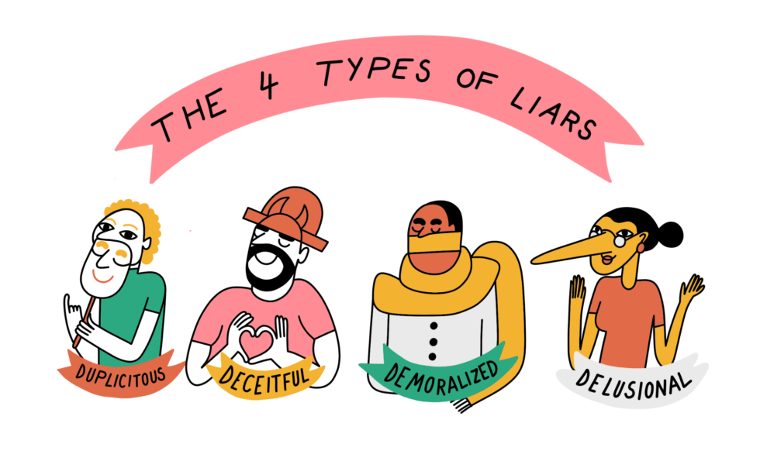Using advanced mathematical analysis, we were able to measure the extent to which each tweet represented belief-speaking and fact-speaking, and how the two trended over time.
Our analysis first considered the long-term trend of belief-speaking and fact-speaking. We found that for both parties, both belief-speaking and fact-speaking increased considerably after Trump’s election in 2016. This may reflect the fact that topics concerning misinformation and “fake news” became particularly prominent after 2016 and may have resulted in opposing claims and corrections – involving belief-speaking and fact-speaking, respectively.
When we related the content of tweets to the quality of news sources they linked to, we found a striking asymmetry between the two parties and the honesty components. We used the news ratings agency NewsGuard to ascertain the quality of a domain being shared in a tweet. NewsGuard rates the trustworthiness of news domains on a 100-point scale based on established journalistic criteria, such as differentiating between news and opinion, regularly publishing corrections, and so on, without fact-checking individual items of content.
We find that for both parties, the more a tweet expresses fact-speaking, the more likely it is to point to a trustworthy domain.
By contrast, for belief-speaking we observed little effect on the trustworthiness of sources in tweets by Democratic members of Congress. There was, however, a striking association between belief-speaking and low trustworthiness of sources for Republicans: A 10% increase in belief-speaking was associated with a 12.8-point decrease in the quality of cited sources.
The findings illustrate that misinformation can be linked to a unique conception of honesty that emphasises sincerity over accuracy, and which appears to be used by Republicans – but not Democrats – as a gateway to sharing low-quality information.
Why does this happen? Another aspect of our results hints at an answer. We found that belief-speaking is particularly associated with negative emotions. So if Republican politicians want to use negative emotional language to criticise Democrats, this goal might be more readily achieved by sharing low-quality information because high-quality domains tend to be less derogatory of the main parties.
Finally, we also found that the voting patterns during the 2020 presidential election in their home state were not associated with the quality of news being shared by members of Congress. One interpretation of this result is that politicians do not pay a price at the ballot box for misleading the public. This may be linked to their convincing use of belief-speaking, which large segments of the public consider to be a marker of honesty.
By Stephan Lewandowsky and Jana Lasser for The Conversation
(59 VIEWS)


